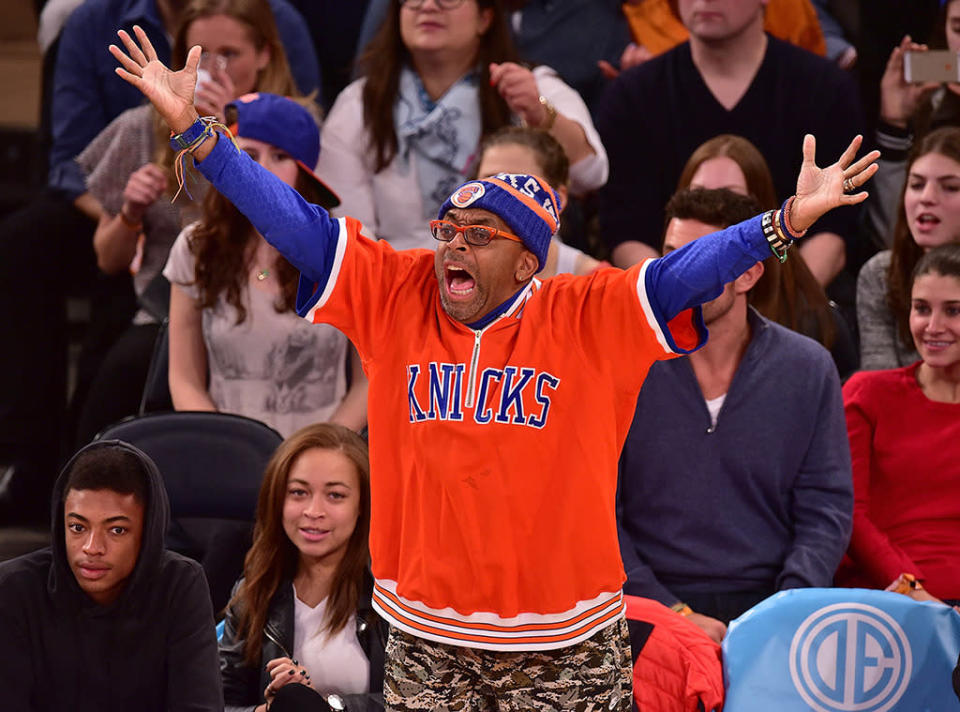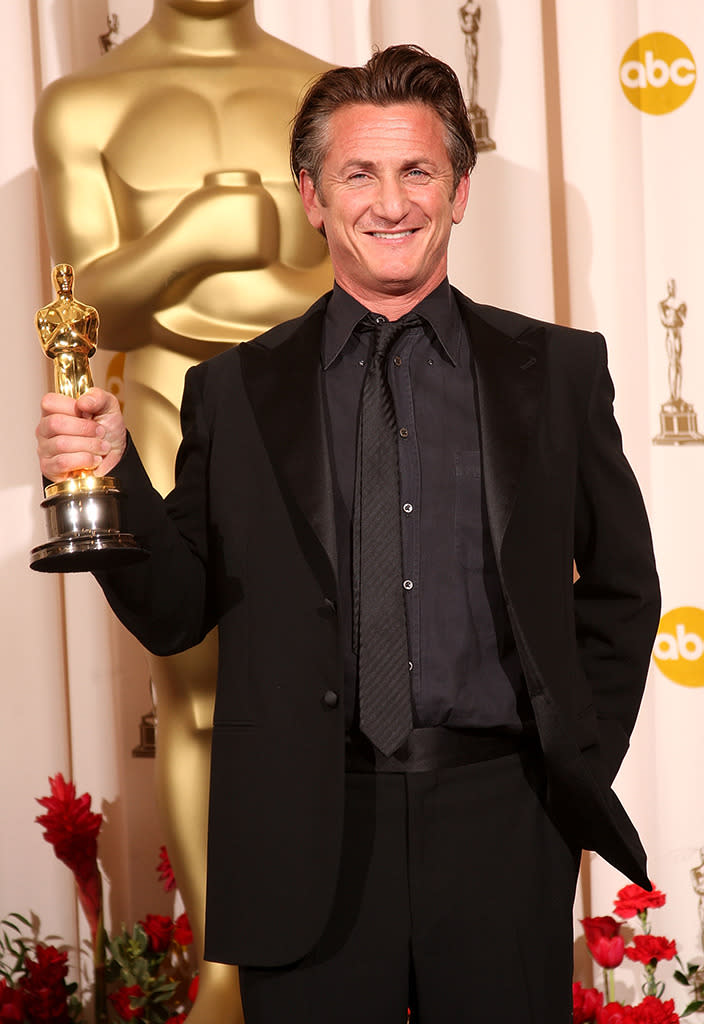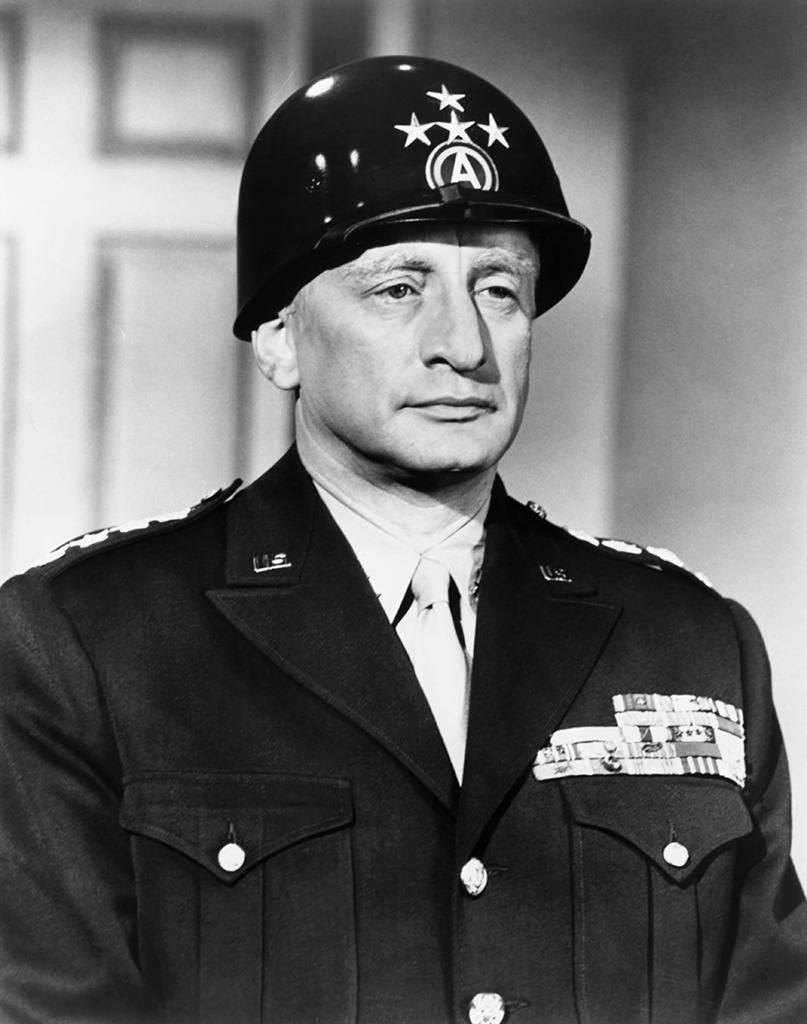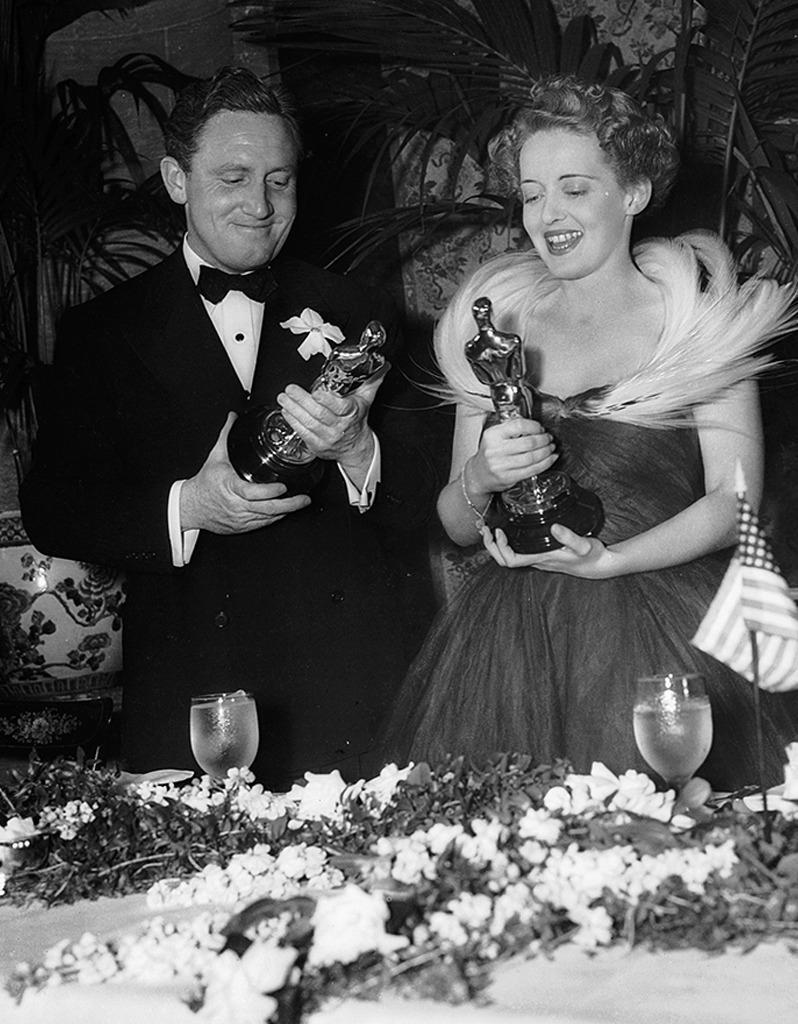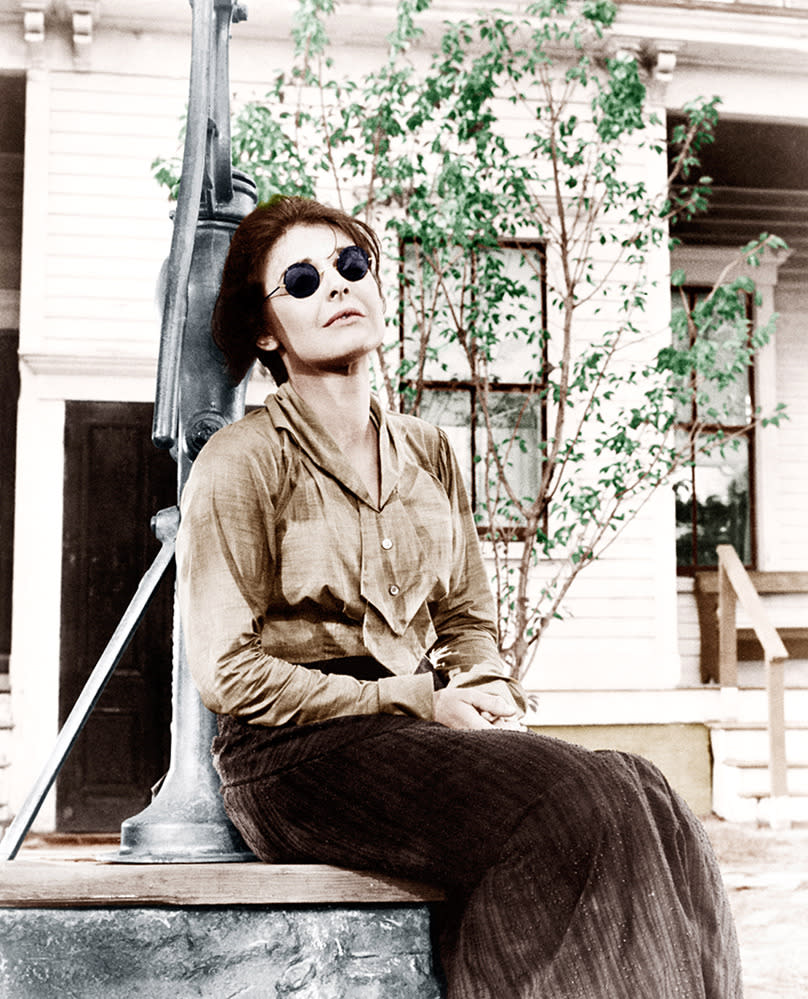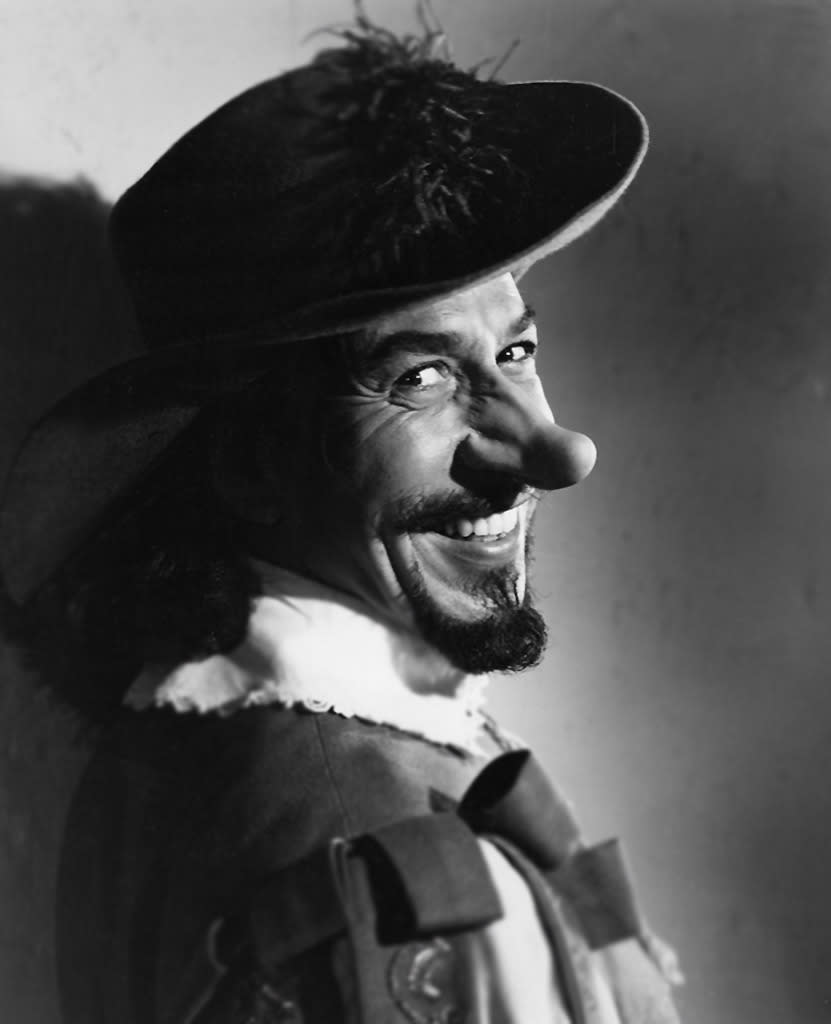Oscar No-Shows: The A-List Winners and Nominees Who Missed the Ceremony
Scared you’ll lose. Scared you’ll be arrested. Trying to make a statement. Trying to collect a paycheck. Under the weather. Through the years, Oscar nominees and honorees have had all sorts of reasons for not attending Hollywood’s biggest shindig. Here are some of the most notable no-shows, from the earliest Academy Awards right up to this year’s ceremony.
